All children need nutrient-rich soil as they grow:
love, safety, the best of literature, truth, God, and family.
More and more, it is recognized that homeschooling offers great socialization benefits. Often now, when I tell people my family homeschools, I hear things like, “Oh, yeah, my neighbors homeschool, and their children are amazing,” or “I’ve thought about homeschooling; I’m so impressed with the homeschooling families I’ve met.”
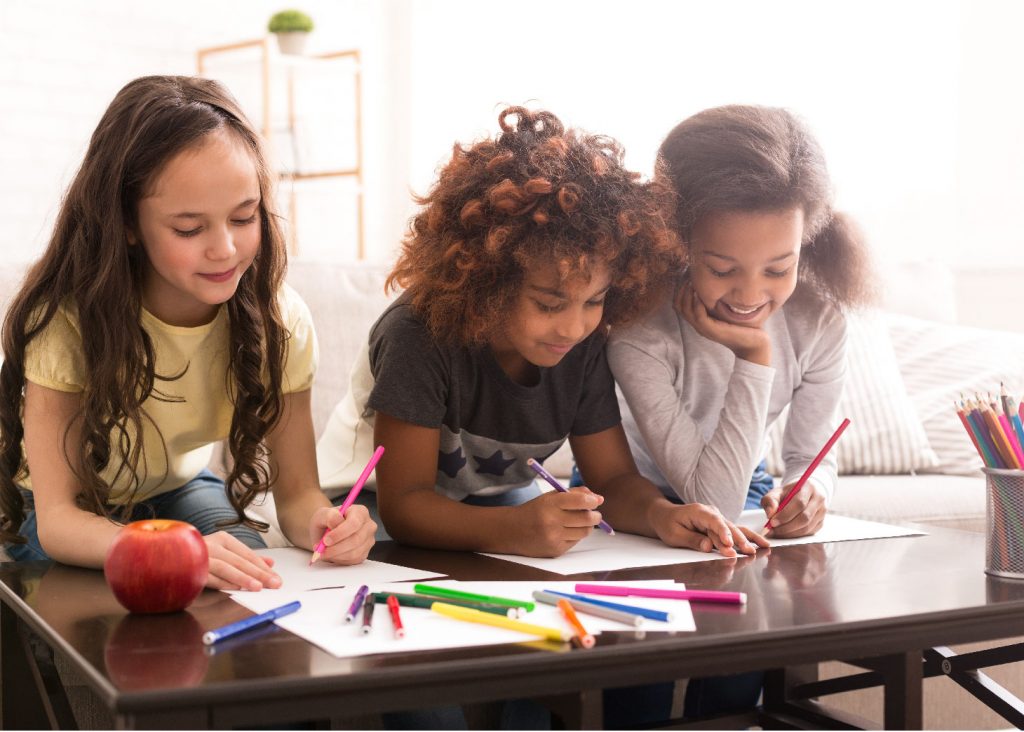
Several years ago, though, when people heard I homeschooled, almost always their first question was about social concerns. I’m glad recognition is changing because homeschooling is a powerful way to mold respectful, confident, happy children, and social concerns should not keep you from homeschooling.
Recently I met a family with five children from ages 4 to 13 years old. I was so incredibly impressed with the children’s confidence, manners, and just the light that was apparent in them that I turned to the mother and asked, “What do you do to raise children like this?” She smiled and said, “I homeschool them.”
This made me smile, too, because it was not the first time I had been impressed with homeschooled children. I have met a huge number of homeschool families through the work that I do, and the children themselves are testimony to the social blessings of homeschool.
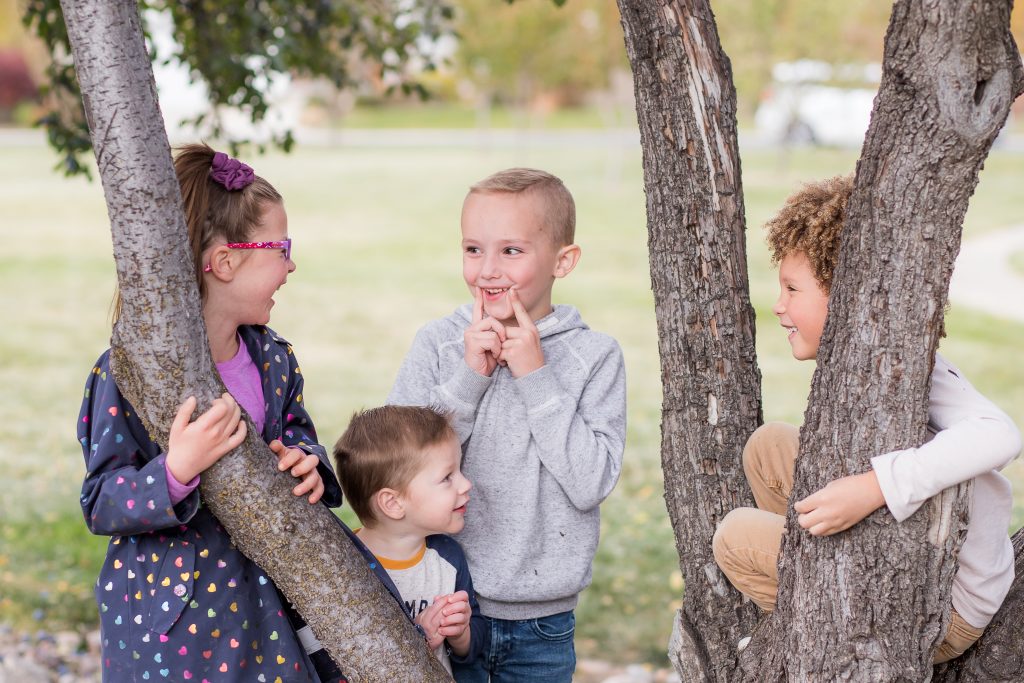
Many parents fear that their children will be socially awkward if they are not in a classroom with other kids for hours a day.
We must not forget historical figures that had amazing, even powerful, social skills, even though they were homeschooled or mainly homeschooled, spending the vast majority of their childhood with their family: Thomas Jefferson, Thomas Edison, William Penn, Daniel Webster, George Washington Carver, Robert E. Lee, James Madison, Benjamin Franklin, Abraham Lincoln, James Polk, Theodore Roosevelt, Claude Monet, Winston Churchill, George Washington, Charles Dickens, C. S. Lewis, John Newton, Alexander Graham Bell, and many more.
Dr. Raymond S. Moore said, “Research clearly verifies that the more people there are around your children, the less opportunity they have for meaningful social contact.”
Homeschooling: The Research
Author: Brian D. Ray, Ph.D.
What Does the Research Say About the Impact of Homeschooling on Academics and Social Skills?
Author: Rachel Wise
Homeschooling Statistics
Author: Multiple Sources
It truly is not being in a classroom with 30 other same-aged children a day that is required for good socialization. In fact, it can sometimes be harmful to developing good socialization. So what IS socialization, and how is it achieved so well by homeschooled children?
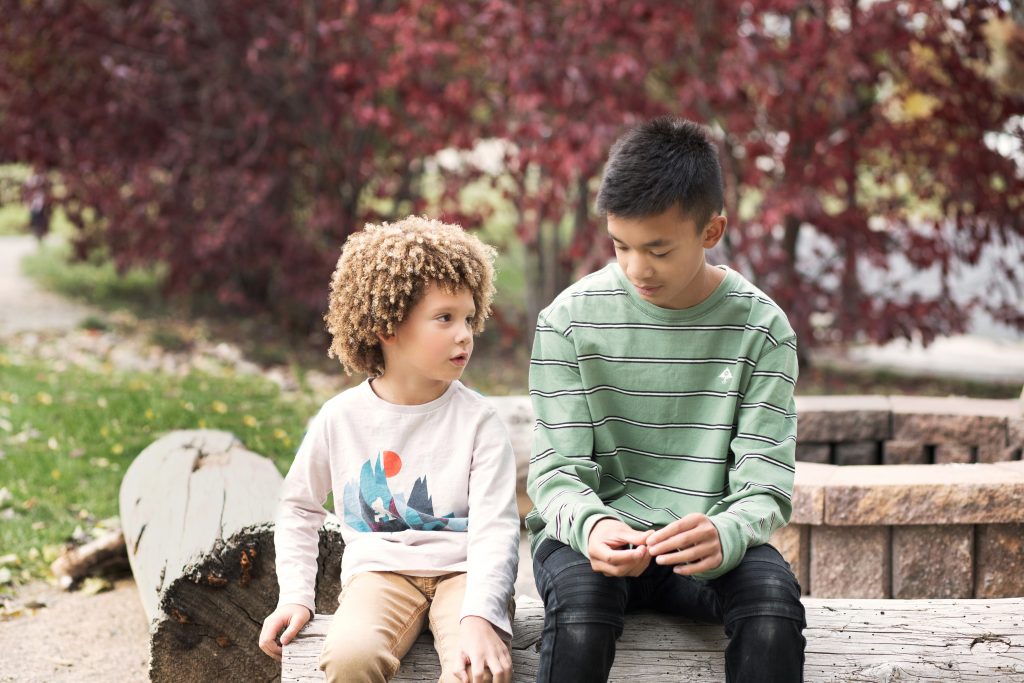
Socialization is defined in the dictionary1 as “a continuing process whereby an individual acquires a personal identity and learns the norms, values, behavior, and social skills appropriate to his or her social position.”
When children are surrounded all day by large groups of peers, the tendency is to base “personal identity” on popularity, conformity, social media, physical body image, etc. Consider these quotes:
“Parents and educators usually talk about sociability, but neglect to differentiate the kind of sociability they prefer. The child who feels needed, wanted, and depended on at home, sharing responsibilities and chores, is much more likely to develop a sense of self-worth and a stable value system—which is the basic ingredient for a positive sociability. One of the best ways for parents to help in their children’s social development is to become involved with them in the daily chores and activities in the home.”
Dr. Raymond S. Moore
Remember that social skills are learned at home and in families, which are where our skills can also be tested the most. We shouldn’t forget that social skills don’t just mean interactions outside of our family.
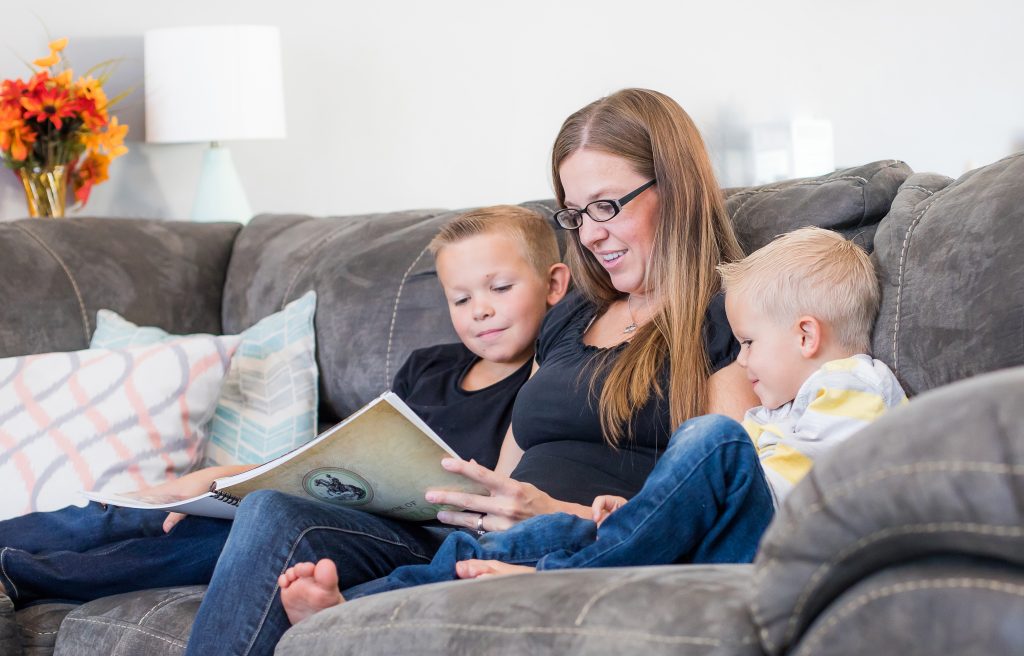
“I think the socializing aspects of school are ten times as likely to be harmful as helpful. The human virtues—kindness, patience, generosity, etc., are learned by children in intimate relationships, maybe groups of two or three. By and large, human beings tend to behave worse in large groups, like you find in school. There they learn something quite different—popularity, conformity, bullying, teasing, things like that. They can make friends after school hours, during vacations, at the library, in church.”
John Holt
“A family member asked my wife, ‘Aren’t you concerned about [our son’s] socialization with other kids?’ My wife gave this response: ‘Go to your local middle school, junior high, or high school, walk down the hallways, and tell me which behavior you see that you think our son should emulate.’”
Manfred B. Zysk
I once heard someone say, “Aren’t homeschooled children like a plant grown in a greenhouse, and as soon as they are set outside, they just wither and fall over? Shouldn’t we put our children in hard situations so they can grow from trials?” My answer to these questions is that it is hard to grow a healthy plant in the first place in toxic soil.
All children need nutrient-rich soil as they grow: love, safety, the best of literature, truth, God, family. These things grow strong minds and hearts—minds and hearts strong enough to withstand the elements as they start to be set outside the greenhouse to be hardened off over time until they are ready to stay out of the greenhouse—strong and healthy.

It is important that homeschooled children, especially as they grow older, do have interactions with people outside their homes. Friendship and interaction are important, and some children naturally need more social experiences than others. See our blog post titled 50 Ways to Teach Social Skills to Homeschoolers. There are so many ways and opportunities for positive socialization outside of school.
If you feel homeschooling could be beneficial to your child but you are worried about socialization, put that fear to rest if you feel you can model good social skills for your child, get them involved in activities outside the home, and immerse them in books that model good socialization. For me, and for many others, the positives of socialization for homeschooled children is one of the greatest blessings and results of homeschooling.
1Dictionary.com
You may also like…


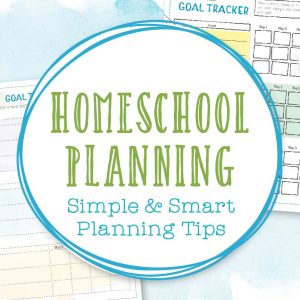
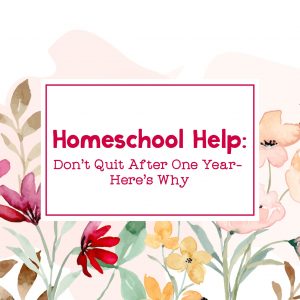

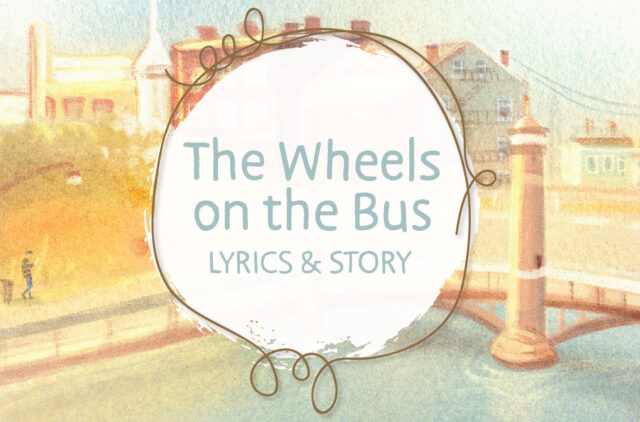
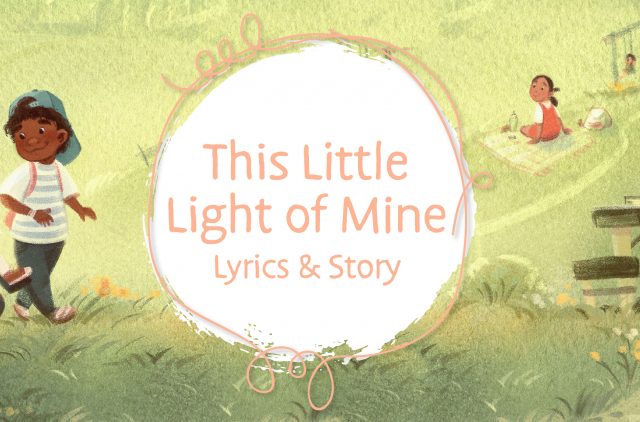





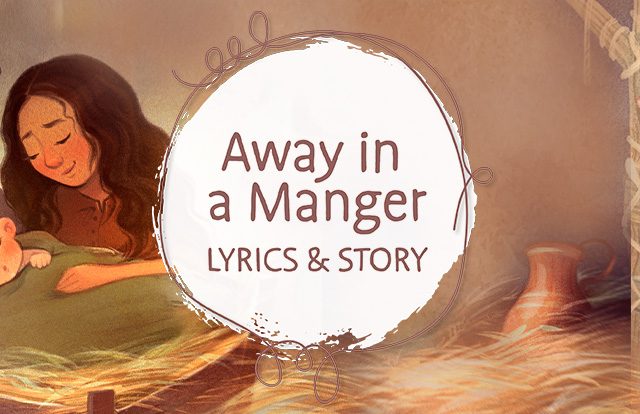

Comments
Hello. My precious Hubby and I homeschooled our kiddos years ago. BEST decision we made to grow as individuals, in our Couplehood and our in our young family days! Kiddos are 30+ now; they’re thanking us for our, “loving dedication in our young family years,” by giving them a full toolbox all wrapped up in our Awesome Creator’s Loving Wisdom. Our firstborn achieving a Doctorate from the #1 Veterinary Medicine University in the world. What a blessing to be able to have the freedom to CHOOSE how we educated our kiddos in America! Training, teaching America’s Manditory schooling through 12th grade was awesome, muchless a great refresher for MomDad (especially Mom who didn’t have the greatest public schooling education; yes, I graduated, but I received nothing even close to what our kiddos did, they achieved an AA Degrees DURING High School), and strong launch for our kiddos into Colleges and Tech Schools. Our bonding with many precious memories as a young family are irreplaceable and are like gathering roses in winter. Homeschooling IS our “Family’s Lifestyle” and we look forward to being involved with our precious grandchildren’s Homeschooling Education soon too!
Our young Couplehood goals were to Love God, eachother and our children in the strongest way possible, which enabled us to love others as well. What else can we do better than make sure we train/educate our own kiddos that our Loving Creator ChristJesus entrusted into our care, and who are the “Logos of our Couplehood Love,” and lovingly seeing our great American young kiddos blossoming under our care as they discover during their own Personal Educational Years their talents, learning skills, etc and developing them, then sharing their personal gifts with our beautiful world as fully, turn key young adults! We love all kiddos, not just our own! Go do your training, educational goals and dreams as part of being in a Human Family in our 21 century; it’s never too late! If one missed it the first time to homeschool, get your grandchildren going in Pre~school and see if they like to continue into Kindergarten, 1st, 2nd, 3rd grades! Pre~school through 3rd grades are the “learn to read years;” what an honor to teach ones own children or any child to READ; it’s priceless! Just teaching Pre~school through 3rd grade together as a family unit is a huge start if thats the only grades one wants to teach. The first 5 grades are the cornerstone to a great Educational Foundation; give your kiddos your loving attention to at least those very first 5 grades; great training in the basic 5 foundational years are key for a successful educational journey. Plus, if you decideto continue onward to 4th, 5th and 6th grades as a Homeschooling Training Family, you can!
With love, prayers, joy; Happy 2021 🙂 🙂
Is it possible to provide quality home schooling if both parents work?
Absolutely, Kristen! As you will read in our blog post about Homeschool Planning, balance is key. Finding a schedule that works for your family will make planning easier, which will help you to have a more effective homeschool with less stress for you as the parent and teacher. We encourage you to read the blog post for additional tips and then review the Sample Homeschool Schedules also found on our blog to help you formulate a plan. Customer Support is happy to help you with any questions you may have along the way so please feel free to reach out!
This is one of my husband’s biggest fears. Thank you for making some great points I can share with him!
I love this post! I’m a second generation homeschooler and this is all so good!
This is the number one question I get when I say we homeschool. To be honest my children get more valuable socialization and friendships by homeschooling. Great Article!